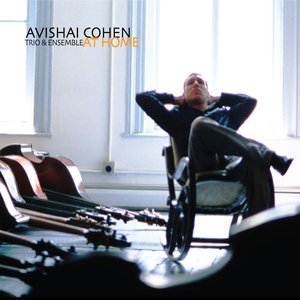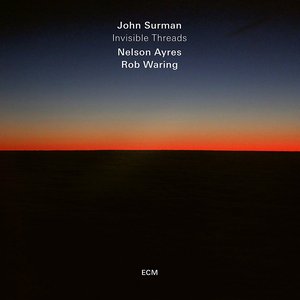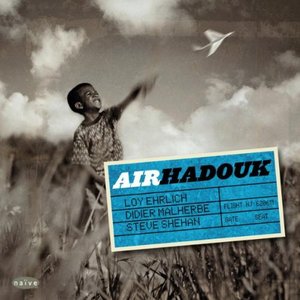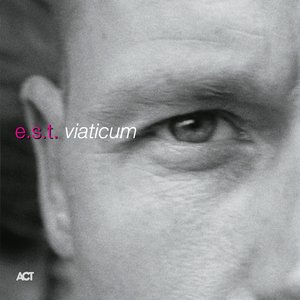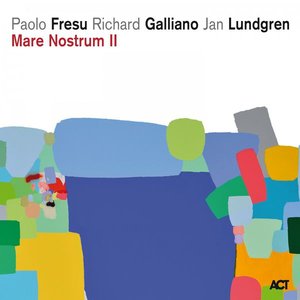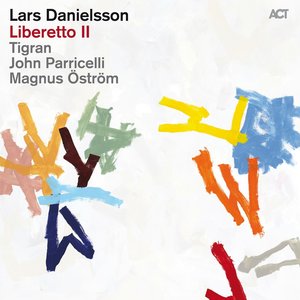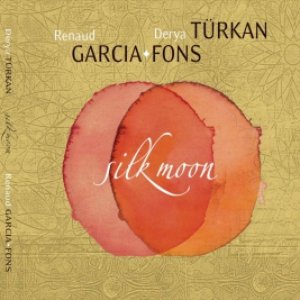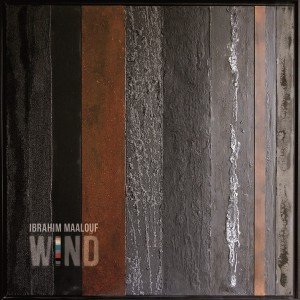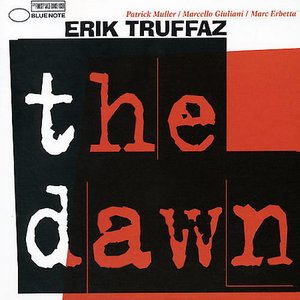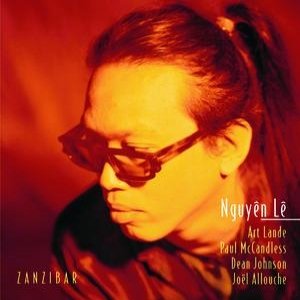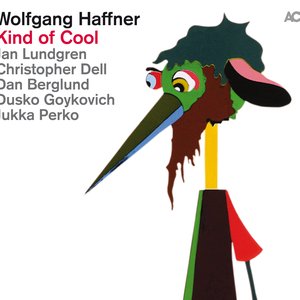Wiki
-
Release Date
1 January 2009
-
Length
12 tracks
After two albums exploring the nexus of ages-old Middle Eastern harmony and modernistic electronics, Tunisian-born oudist / vocalist Dhafer Youssef turns to a stripped-down, completely acoustic environs for Abu Nawas Rhapsody. Despite leaving Oslo behind—where, on Digital Prophecy (Enja, 2003) and Divine Shadows (Jazzland, 2006), he collaborated with some of Norway's more intrepid musicians including guitarist Eivind Aarset, pianist Bugge Wesseltoft and trumpeter Arve Henriksen begin_of_the_skype_highlighting end_of_the_skype_highlighting—the Vienna-based Youssef remains associated with the Norwegian scene through his release of the disc on Wesseltoft's Jazzland label. It's an association that speaks volumes about the label's ongoing commitment to the artists in whom it believes, and a reciprocal loyalty by the truly inimitable Youssef.
Youssef isn't the only oudist making vital new music that incorporates the millennial music of his cultural upbringing with broader stylistic interests. Lebanese-born Rabih Abou-Khalil has, since the early 1990s, been finding a meeting place with jazz-centric improvisation, while fellow Tunisian Anouar Brahem has traveled the road from authentic traditionalism to spare, chamber-informed classicism. Youssef, however, also possesses a voice that can scream with existential pain or soar in joyous bliss; as much a component of his music as his equally fine instrumental skills. Here, however, Youssef's international quartet not only navigates the compositional complexities of his music, but improvises with the kind of reckless abandon that supports the premise of the oudist's three-part "Wine Ode Suite"—spread across the disc, Youssef's "beautiful meditation on the 'wine' of divine bliss."
Youssef's music—often featuring serpentine lines, winding their way across constantly shifting bar lines—has always been transcendent. But here, with a trio of musicians encouraging his music to burn with a passion far surpassing previous efforts, the oudist more firmly reveres the jazz tradition even, as he finds new ways to stretch its very definition. Beginning gently, with a hint of reference to early ECM albums by guitarist John Abercrombie and Ralph Towner, "Les Ondes Orientales" slowly builds in intensity, leading to a solo section for Armenian-born pianist Tigran Hamasyan that, following Youssef's ascendant vocals, turns to modal territory—the pianist's inside/outside playing creating some fierce tension and release, bolstered by Canadian bassist Chris Jennings and American drummer Mark Giuliana, who lights a serious fire underneath the group.
Elsewhere, on "Profane 'The Wine Ode Suite,'" Youssef fashions a haunting place where classical composer Erik Satie's dark lyricism and the minor-keyed plaintiveness of his own culture can come together. Backed only by Hamasyan, it's four minutes of contemplative spirituality, juxtaposing the fierier nature of Youssef's dervish-like "Odd Elegy," whose odd-metered funk provides grist for powerful solos from Hamasyan and, in particular, Giuliana.
Abu Nwas Rhapsody paints, perhaps, the broadest picture of Youssef of any single album to date, with its focus on a consistent lineup and the resultant chemistry. Without dismissing the inestimable strengths of Youssef's playing, singing and composing, Abu Nawas Rhapsody's greatest energy and strength comes from an ideal trio of collaborators, who turn it into his hottest session to date.
Album descriptions on Last.fm are editable by everyone. Feel free to contribute!
All user-contributed text on this page is available under the Creative Commons Attribution-ShareAlike License; additional terms may apply.

